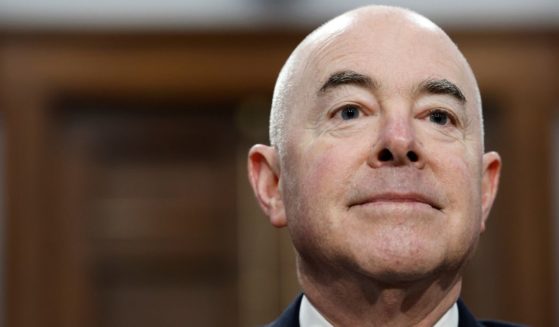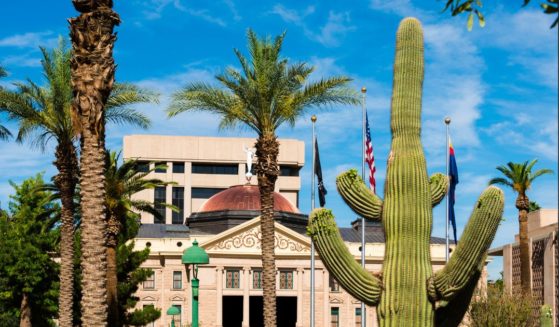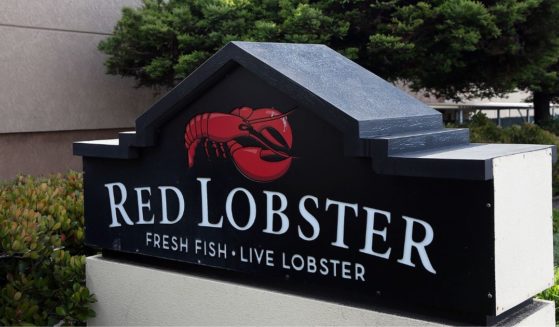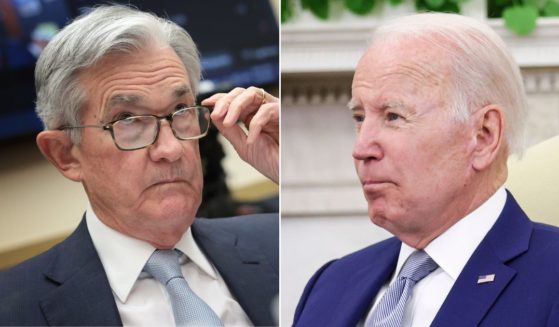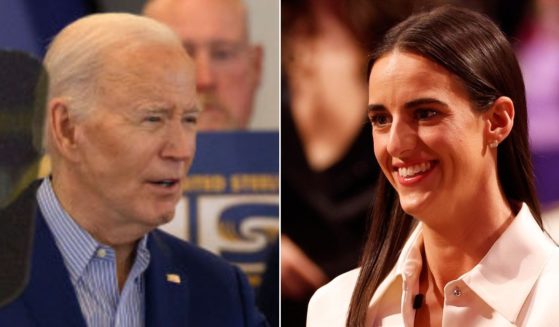Bob Ehrlich: America's Options Are Limited - And China Knows It
Every day produces probative but virtually unposed questions about America’s retreat from Afghanistan.
How many Americans are still struggling to get out? How many pro-American Afghan collaborators did we leave behind? Why did we abandon the critical Bagram Air Base overnight? On how many occasions did we provide personal identifying information to the Taliban?
Why did we leave so many operational weapons in pristine shape for the Taliban to inherit? Why did American contractors stop maintaining military planes and helicopters as the war intensified? Why hasn’t anyone in a leadership position lost his or her job as a result of this fiasco?
Americans and our NATO allies deserve to know the answers to these and so many other questions resulting from our Afghan misadventure.
But it is not only our friends who seek answers. Our enemies are attempting to figure it out as well. And there is one enemy more interested than any other — that malign crowd in Beijing.
History may indeed judge Donald J. Trump’s crowning foreign policy achievement as the disruption (what else?) of America’s — and the West’s — staid perspective on Xi Jinping’s China.
Finally, America had a leader capable of seeing the regime for what it is, as opposed to the widely marketed, idealized version of the last millennium (more on that below).
Only a true-blue disruptor would wish to take on the assignment. Mr. Trump knew the bipartisan resistance would be fierce. He knew nearly every power (and profit) center in America would be annoyed. Could not the president smell the profits from two billion new consumers?
And yes, I mean you, Chamber of Commerce, and you, Wall Street, and you, Hollywood, and you, American colleges and universities, and you, NBA.
Truth be told, both party establishments had long ago decided to indulge the authoritarians in Beijing. Indeed, one of my very first high-profile votes in the 104th Congress was whether to grant China “most favored nation” trading status. (I voted “nay.”)
The lobbying was intense. The potential for such a lucrative new market had the business community salivating. And underlying it all was the establishment’s premise (and promise) that economic engagement would foster political liberalization.
That increasing consumer wealth would invariably lead to less authoritarianism at home. That an economically developing China — as a new member of “the club” — would come to realize that only a gentler brand of state power would prove consistent with China’s view of capitalism-lite. (They called it “Socialism with Chinese characteristics.”)
And it worked, for a while, until the emergence of a thoroughly nationalistic strongman in the person of Xi Jinping. Suddenly, the economic liberalization campaign begun in the 1980s under Deng Xiaoping needed to be revised in favor of a quasi-capitalist but uber-authoritarian state, more like Mao 2.0. And so a new era of oppression at home and belligerence abroad began.
How belligerent, you ask?
Well, think about the savage ethnic cleansing and forced labor camps of Xinjiang province; the aggressive saber-rattling in the Taiwan Strait; the relentless suppression of basic civil rights in Hong Kong; the continuous campaign of artificial-island-building in the South China Sea; the worldwide, decades-long campaign of intellectual property theft; the horrific obstructionism surrounding the origins of the coronavirus that has now killed over four million people; and, of course, the never-ending cyber and social media campaigns aimed at any country — and anyone — that stands in the regime’s way.
To make matters worse, the Biden era has generated a new arrogance toward America to go along with the pre-existing belligerence.
How else to describe the in-your-face dressing down of our timid-to-a-fault Secretary of State Tony Blinken suffered at the initial summit with his Chinese counterpart in Anchorage, Alaska? Here, the administration’s indulgent wokeness was shoved right back at us by the same people who are currently going about the business of systemic genocide in their own country.
What to do?
Any honest appraisal would recognize how limited America’s options are at present, especially in light of the huge credibility gap left by our failed Afghan withdrawal. I would add to the problem list a military leadership seemingly more preoccupied with climate change than Chinese aggression.
And so America plods forward, hopeful that a strategic ambiguity surrounding our (and the West’s) commitment to defend Taiwan will be enough to discourage Mr. Xi’s planned “reunification.”
I wonder how many citizens of that vibrant little island feel comfortable knowing that their continued security (indeed, their very existence) is dependent on such a thin reed?
The views expressed in this opinion article are those of their author and are not necessarily either shared or endorsed by the owners of this website. If you are interested in contributing an Op-Ed to The Western Journal, you can learn about our submission guidelines and process here.
Truth and Accuracy
We are committed to truth and accuracy in all of our journalism. Read our editorial standards.


